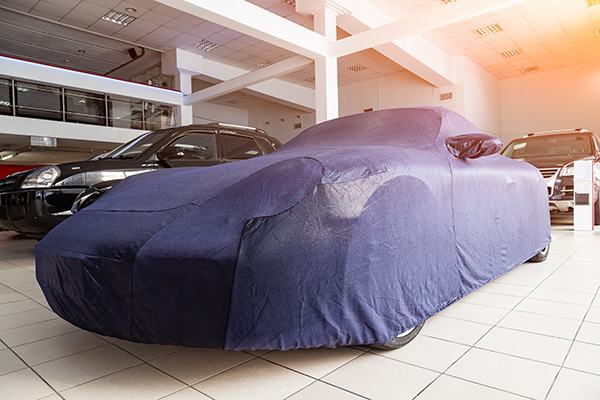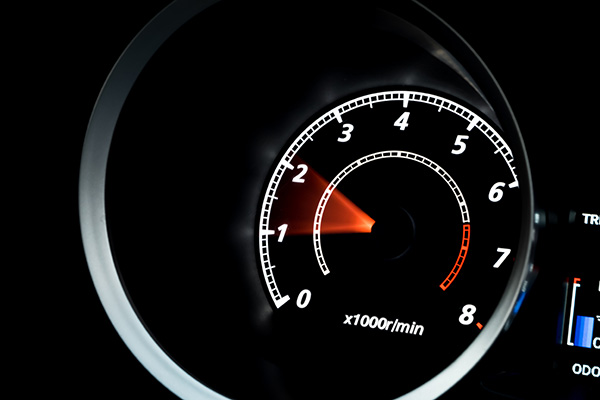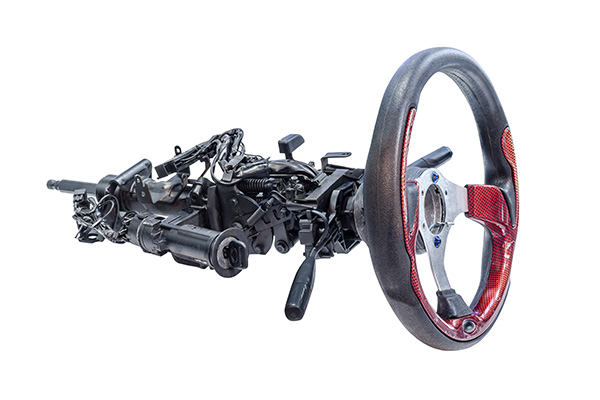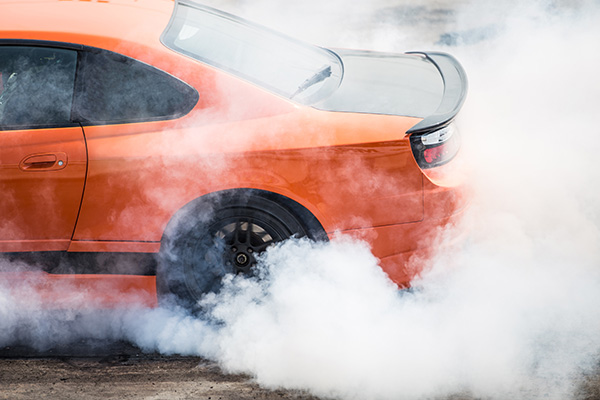Posted on 12/19/2025

Putting a classic car away for the winter is more than parking it and throwing a cover over the top. Older vehicles often have more delicate finishes, less rust protection, and mechanical parts that do not tolerate long periods of sitting very well. A little planning before cold weather settles in can prevent hard starts, leaks, flat spots, and cosmetic damage when it is time to bring the car back out in the spring. Why Classic Cars Need Special Winter Storage Modern daily drivers are built to live outside, start in all weather, and tolerate some neglect. Classic cars, especially those with original paint, chrome, and older gaskets, are much less forgiving. They are more sensitive to moisture, temperature swings, and stale fluids, and they tend to show the effects of poor storage quickly. When a classic sits for months without preparation, fuel can go bad, seals can dry out, and rust can creep into places you cannot see. Treating winter storage like a maintenance j ... read more
Posted on 11/28/2025

A steady, smooth idle feels effortless. When the steering wheel trembles or the seat buzzes at a stoplight, something in the engine or its supports is out of balance. The shake may come and go, get worse with the A/C on, or disappear once the car rolls. Those patterns are helpful clues. Here is what usually causes a rough idle and how it is tracked down. Why Engines Shake at Idle At idle, the engine produces less power and fewer firing events per second, so problems are easier to feel. Any small imbalance, a weak cylinder, a vacuum leak, or a worn mount is not masked by engine speed. The goal is to determine whether the shake originates from an uneven combustion issue within the engine or from a vibration that the mounts can no longer absorb. Misfires and Spark Issues A single cylinder that is not contributing can make the whole engine rock in place. Common reasons include worn spark plugs, failing ignition coils, cracked plug wires on older desig ... read more
Posted on 10/31/2025

Power steering is one of those systems you rarely think about until something feels or sounds off. It makes maneuvering your vehicle smooth and effortless, especially at low speeds or when parking. But if you start hearing whining, groaning, or squealing noises when you turn the wheel, it’s a clear sign that something isn’t right. Ignoring these sounds can lead to more expensive repairs and, in some cases, loss of steering control. Here’s what those noises may mean and why they should be checked as soon as possible. Whining or Groaning When Turning One of the most common power steering noises is a whining or groaning sound that gets louder as you turn the wheel. This often indicates low power steering fluid. Without enough fluid, the pump draws in air, creating that distinct sound. The fluid level may be low due to a leak, which should be repaired promptly to prevent the pump from overheating. If the fluid is topped off but still makes noise, it m ... read more
Posted on 9/26/2025
%20copy.jpg)
The head gasket is one of the most important sealing components in your engine. It sits between the cylinder head and the engine block, keeping oil, coolant, and combustion gases in their respective places. If it fails, the results can be severe and costly. What begins as a minor leak or temperature fluctuation can quickly turn into engine overheating, power loss, or even complete failure. Catching a blown head gasket early can help you avoid major damage. Knowing the signs, understanding the risks, and acting quickly are key to protecting your engine. What Is a Head Gasket The head gasket forms a tight seal between the cylinder head and engine block. Its role is to contain the pressure from the combustion chamber while keeping coolant and oil separate. In modern engines, where tolerances are tight and pressures are high, the head gasket must be incredibly strong and precisely ... read more
Posted on 8/29/2025

Rear-wheel drive (RWD) has long been the preferred layout for performance cars. While front-wheel drive (FWD) and all-wheel drive (AWD) have their advantages, many sports car manufacturers continue to choose RWD for vehicles designed to deliver the most engaging driving experience. Understanding why RWD is favored in the world of performance driving hinges on traction dynamics, handling characteristics, and how power is transferred to the road. Power Delivery and Balance In a rear-wheel-drive vehicle, the engine sends power to the rear wheels while the front wheels handle the steering. This separation of duties allows for better balance and handling, especially during spirited driving. When you accelerate in a RWD car, the weight naturally shifts toward the rear. This improves traction for the driven wheels, helping the car put power down more effectively without causing excessive torque steer—a common issue in powerful FWD cars where the steering wheel tugs ... read more